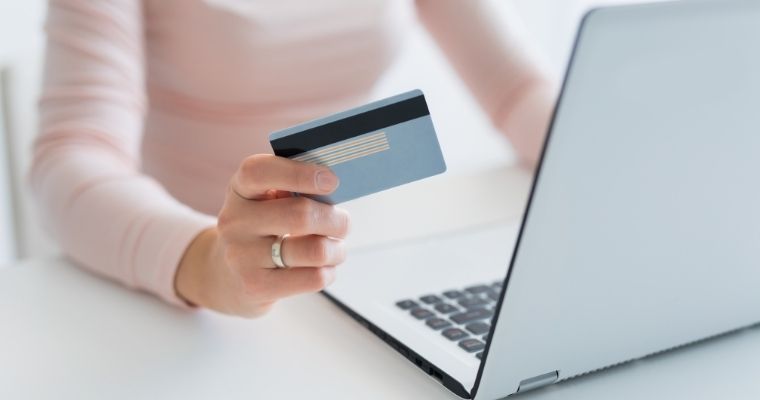Providing customers with easy and secure payment options is a crucial part of running a successful online business. People who engage with your campaign ads expect that you can process their orders online safely. Good payment processing facilities should include secure transfer, client details, and other sensitive data.
Failing to meet a quality online payment process can increase the risks for security threats and fraud. Such problems cannot only make you lose your customers, but they might also cost you the reputation of your online business. You can even ruin your business operations with consumer chargebacks. Learn below how you can set up a secure payment process for your online business.

1. Follow relevant security standards
In most cases, you won’t have to worry about managing payment software if you’re running an online marketplace or e-commerce platform. But it’s still advisable that you re-evaluate if secure online payments are guaranteed. On the other hand, it’ll be your job to meet all the security standards if you operate from your own system.
For example, if you’ll be accepting credit card payments, you should be using a system that’s compliant with the Payment Card Industry Data Security Standard (PCI DSS). Such standard operates on ensuring secure systems and behaviours when it comes to protecting the customers’ financial data. Some of the standard requirements include using a firewall, updating anti-virus software regularly, routine monitoring and testing of your networks, and encrypting cardholder data.
2. Don’t store sensitive customer data
Your business’ reputation can be put at risk if hackers will get access to or steal your customers’ data. To minimize this risk, avoid storing sensitive information of your clients or customers. The problem with most online transactions is that requesting customer data and other payment details is a common practice. What you can do is to get rid of any financial information once the transaction is done.
Check your system to find out what types of data are stored. However, if you want to give your customers the convenience of saving their information for future transactions, you need to utilize a reputable e-commerce service or platform. Furthermore, if you’re a small business or start-ups, creating bespoke processes for storing and encrypting financial data will be a great challenge.
3. Hire a trusted digital marketing company
An essential part of creating secure payment processes is using a trusted e-commerce platform. This won’t just help you easily manage your website, but also other areas like operations, marketing, and sales. If you don’t have a qualified team that can handle this, it’s best to find a versatile digital marketing company. Work with a team that can help you every step of the way, from setting up an e-commerce platform to attracting your target customers.
Such experts can also help you find a reliable payment processor for your peace of mind. Among the best platforms to choose from are EKM, Shopify, Magneto, and BigCommerce. At the same time, if you want to attract the right market and provide them with a secure buying journey, work with an agency that offers search engine marketing services. This can help you drive website traffic and better understand customers’ preferences when it comes to searching for a business online up to purchasing a product.
Special Offer: Get a 28-day free trial with EKM – Ekm provide everything you need to sell online. The platform is user-friendly and is also great for companies that sell personalised products.
4. Consider tokenization and encryption
Tokenization and encryption are two of the most well-known data technologies for securing data. Tokenization is used for turning specific details into random characters that will look meaningless for attackers. The random characters, called tokens, are used to replace sensitive information like bank account numbers. This process will help you reduce the amount of data you need to store and improve your e-commerce transactions’ security.
When integrating a system like tokenization into your payment processes, there are numerous things you need to stay on top of, including what to do when there is a chance that your card tokenization failed during a transaction, and how you will protect customer data, and improve customer trust, if this has been the case. By keeping yourself clued up on the intricacies of tokenization, you’ll be ready incorporate it into your system and provide a secure payment system for each and every of your customers in no time.
Encryption, on the other hand, is utilized to convert electronic information into coded messages. The data can only be accessed by the sender and the receiver with the use of an encryption key. In other words, you can ensure that all sensitive data from your customers can only be accessed by authorized people. Plus, it minimizes the likelihood of password hacking and identity theft. This process is ideal for transferring data like credit card details across different networks and devices. In
As an online business owner, it’s part of your responsibility to ensure all your customers feel safe and secure when purchasing your products and services. But at the same time, you can appeal to more consumers this way. Follow the recommended practices here and give customers peace of mind when doing business with you. This way, you can retain them and attract other consumers.



